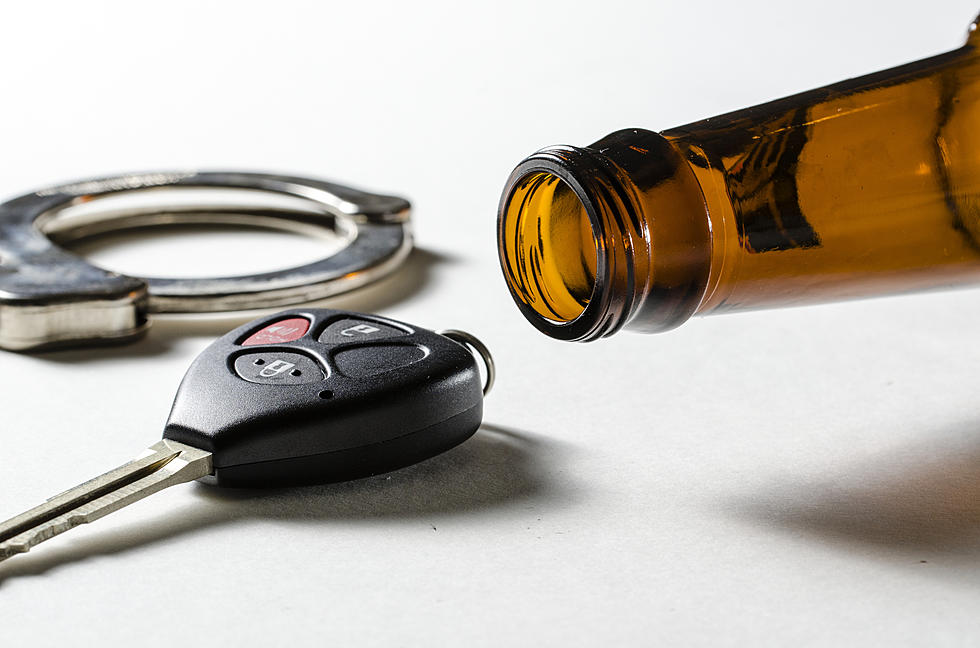
Montana DUI Judge Charged With DUI
Montana Judge, Robert E. Lee, is being charged with a misdemeanor for driving under the influence of drugs. This very same judge is a member of the Montana DUI task force as well. He denies the claim even though a blood test showed evidence of methadone. What exactly is methadone and how impaired was he?
Below is an explanation of the adverse effects methadone may have on a patient. Information provided by whitehousedrugpolicy.gov
Methadone is a legal medication produced by licensed and approved pharmaceutical companies using quality control standards. Under a physician's supervision, it is administered orally on a daily basis with strict program conditions and guidelines. Methadone does not impair cognitive functions. It has no adverse effects on mental capability, intelligence, or employability. It is not sedating or intoxicating, nor does it interfere with ordinary activities such as driving a car or operating machinery. Patients are able to feel pain and experience emotional reactions. Most importantly, methadone relieves the craving associated with opiate addiction. For methadone patients, typical street doses of heroin are ineffective at producing euphoria, making the use of heroin less desirable.
Why would the judge be taking such medication is the real question to explore as its main reason for prescription is to help drug addicts overcome withdrawal phases.
Taken orally once a day, methadone suppresses narcotic withdrawal for between 24 and 36 hours. Because methadone is effective in eliminating withdrawal symptoms, it is used in detoxifying opiate addicts. It is, however, only effective in cases of addiction to heroin, morphine, and other opioid drugs, and it is not an effective treatment for other drugs of abuse. Methadone reduces the cravings associated with heroin use and blocks the high from heroin, but it does not provide the euphoric rush. Consequently, methadone patients do not experience the extreme highs and lows that result from the waxing and waning of heroin in blood levels. Ultimately, the patient remains physically dependent on the opioid, but is freed from the uncontrolled, compulsive, and disruptive behavior seen in heroin addicts.
Either way the court will make the final verdict and it is not the best publicity for a member of society strictly against DUI's.
More info on the case at bozemandailychronicle.com
More From KMMS-KPRK 1450 AM









